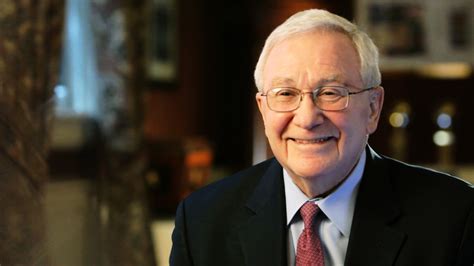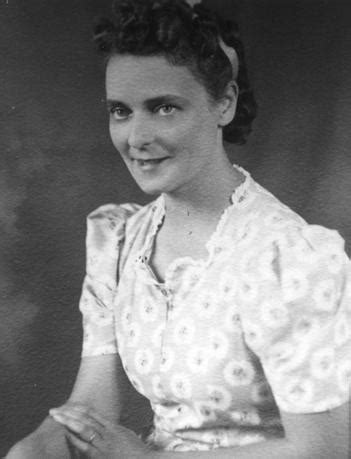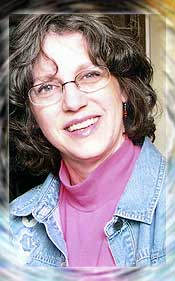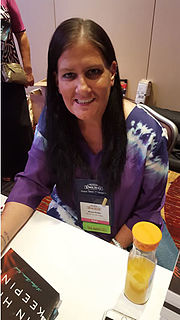A Quote by Kate Atkinson
Jennifer had never liked the pain of remembering what had happened, but for Theo it was the pain that kept Laura alive in his memory. He was afraid that if it ever began to heal she would disappear.
Related Quotes
She expected the pain, when it came. But she gasped at its sharpness; it was not like any pain she had felt before. He kissed her and slowed and would have stopped. But she laughed, and said that this one time she would consent to hurt, and bleed, at his touch. He smiled into her neck and kissed her again and she moved with him through the pain. The pain became a warmth that grew. Grew, and stopped her breath. And took her breath and her pain and her mind away from her body, so that there was nothing but her body and his body and the light and fire they made together.
But pain may be a gift to us. Remember, after all, that pain is one of the ways we register in memory the things that vanish, that are taken away. We fix them in our minds forever by yearning, by pain, by crying out. Pain, the pain that seems unbearable at the time, is memory's first imprinting step, the cornerstone of the temple we erect inside us in memory of the dead. Pain is part of memory, and memory is a God-given gift.
They sensed that what had happened around them and in their presence, and in them, was irrevocable. Never again could it be cleansed; it would prove that man, the human species - we, in short - had the potential to construct an enormity of pain, and that pain is the only force created from nothing, without cost and without effort. It is enough not to see, not to listen, not to act.
Strangely, what pierced his heart and mind most sharply was not the memory of her lips under his at the ball, but the way she had leaned into his neck, as if she trusted him utterly. He would have given everything he had in the world and everything he would ever have, just to lie beside her in the narrow infirmary bed and hold her while she slept. Pulling away from her had been like pulling his own skin off, but he'd had to do it.
Stress does not cause pain, but it can exacerbate it and make it worse. Much of chronic pain is 'remembered' pain. It's the constant firing of brain cells leading to a memory of pain that lasts, even though the bodily symptoms causing the pain are no longer there. The pain is residing because of the neurological connections in the brain itself.
When we forgive someone, we do not forget the hurtful act, as if forgetting came along with the forgiveness package, the way strings come with a violin. Begin with the basics. If you forget, you will not forgive at all. You can never forgive people for things you have forgotten about. You need to forgive precisely because you have not forgotten what someone did; your memory keeps the pain alive long after the hurt has stopped. Remembering is the storage of pain. It is why you need to be healed in the first place.
There was no God in his heart, he knew; his ideas were still in riot; there was ever the pain of memory; the regret for his lost youth-yet the waters of disillusion had left a deposit on his soul, responsibility and a love of life, the faint stirring of old ambitions and unrealized dreams...... And he could not tell why the struggle was worth while, why he had determined to use to the utmost himself and his heritage from the personalities he had passed... He stretched out his arms to the crystalline, radiant sky. I know myself," he cried, "but that is all.
However long the horror continued, one must not get to the stage of refusing to think about it. To shrink from direct pain was bad enough, but to shrink from vicarious pain was the ultimate cowardice. And whereas to conceal direct pain was a virtue, to conceal vicarious pain was a sin. Only by feeling it to the utmost, and by expressing it, could the rest of the world help to heal the injury which had caused it. Money, food, clothing, shelter - people could give all these and still it would not be enough; it would not absolve them from paying also, in full, the imponderable tribute of grief.
Pain held no terror for him. Pain was, if not friend, then family, something he had grown up with in his crèche, learning to respect but never yield to. Pain was simply a message, telling him which limbs he could still use to slaughter his enemies, how far he could still run, and what his chances were in the next battle.
I thought it sounded just like the sort of drug a man would invent. Here was a woman in terrible pain, obviously feeling every bit of it or she wouldn't groan like that, and she would go straight home and start another baby, because the drug would make her forget how bad the pain had been, when all the time, in some secret part of her, that long, blind, doorless and windowless corridor or pain was waiting to open up and shut her in again.
Love happened. She would have never thought that it could happen so rapidly. Love was something you worked at, and she had no doubt their relationship would take a lot of hard work and dedication. But it had simply happened. No explanation. No cataclysmic event or earth-shattering revelation brought on by some external event. It had simply happened.


































